Genevatropin is a synthetic human growth hormone (HGH) produced using recombinant DNA technology. It has the same amino acid sequence as natural HGH and is used to treat growth hormone deficiency in both children and adults. In this article, we will explore the indication, mechanism of action, benefits, how to use, administration, dosage, efficacy, storage, side effects, precautions, and contraindications of Genevatropin.
Indication:
Genevatropin is indicated for the treatment of growth hormone deficiency in both children and adults. This medication can be used to treat conditions such as Turner Syndrome, chronic renal insufficiency, and Prader-Willi Syndrome. It can also be used to treat muscle wasting and other conditions that involve loss of lean body mass.
Mechanism of Action:
Genevatropin works by binding to its receptor on target cells, where it stimulates the production of insulin-like growth factor-1 (IGF-1) in the liver and other peripheral tissues. This action promotes growth, improves bone mineralization, and enhances lean body mass. HGH binds to its receptor on adipose tissue, promoting the breakdown of stored triglycerides in the adipose tissue, releasing free fatty acids into circulation, and reducing body fat accumulation.
Benefits:
Genevatropin can lead to increased growth rates, improved bone mineral density, and overall improved body composition. Adults with growth hormone deficiency may experience increased energy, cognition, and self-esteem. Genevatropin can also promote muscle growth and tissue repair in patients with muscle wasting syndromes.
How to Use:
Genevatropin is usually injected subcutaneously (under the skin). The medication should be used as directed by the healthcare provider. Patients should follow the injection instructions carefully and rotate the injection site to prevent injection site reactions.
Administration and Dosage:
The dosage of Genevatropin is based on the patient’s age, weight, and condition. For children, the usual initial dose is 0.025 mg/kg/day, which can be adjusted based on the patient’s response. For adults, the initial dose is usually 0.15 mg per day, which can be adjusted up to 0.3 mg per day based on the patient’s response. The duration of treatment depends on the patient’s response to therapy and the severity of their condition.
Efficacy:
Genevatropin is highly effective in treating growth hormone deficiency in both children and adults. Studies have found that this medication can lead to increased growth rates, improved bone mineral density, and overall improved body composition.
Storage:
Genevatropin should be stored in the refrigerator at 2-8°C (36-46°F) before reconstitution. After reconstitution, it should be stored in the refrigerator and used within 28 days. Genevatropin should not be frozen.
Side Effects and Precautions:
Like all medications, Genevatropin can cause side effects. The severity of side effects can vary depending on factors such as dose, duration of treatment, and the patient’s susceptibility. Common side effects of Genevatropin include injection site reactions such as pain, redness, and swelling. Other side effects include fluid retention, which can lead to swelling in the limbs and face. Patients may also experience headaches, joint pain, muscle weakness, and sleep disturbances.
Long-term use of Genevatropin can increase the risk of diabetes and certain cancers, particularly if dosages exceed the prescribed amount. Additionally, some individuals may experience acromegaly, a condition that results in excessive tissue growth due to excessive growth hormone levels in the body.
Patients with a history of cancer, hypothyroidism, or respiratory dysfunction should be cautious and monitor their condition closely while using Genevatropin. Pregnant and lactating women should also avoid the use of Genevatropin. Children with closed epiphyses (bone growth plates) should also avoid using Genevatropin unless advised by a healthcare professional.
Contraindications:
Genevatropin is contraindicated in patients with hypersensitivity to the medication or any of the excipients. It should also be avoided in patients with active cancer or a history of cancer. Patients with acute critical illness, such as those with cardiovascular or respiratory failure, should not receive Genevatropin until their condition has stabilized.

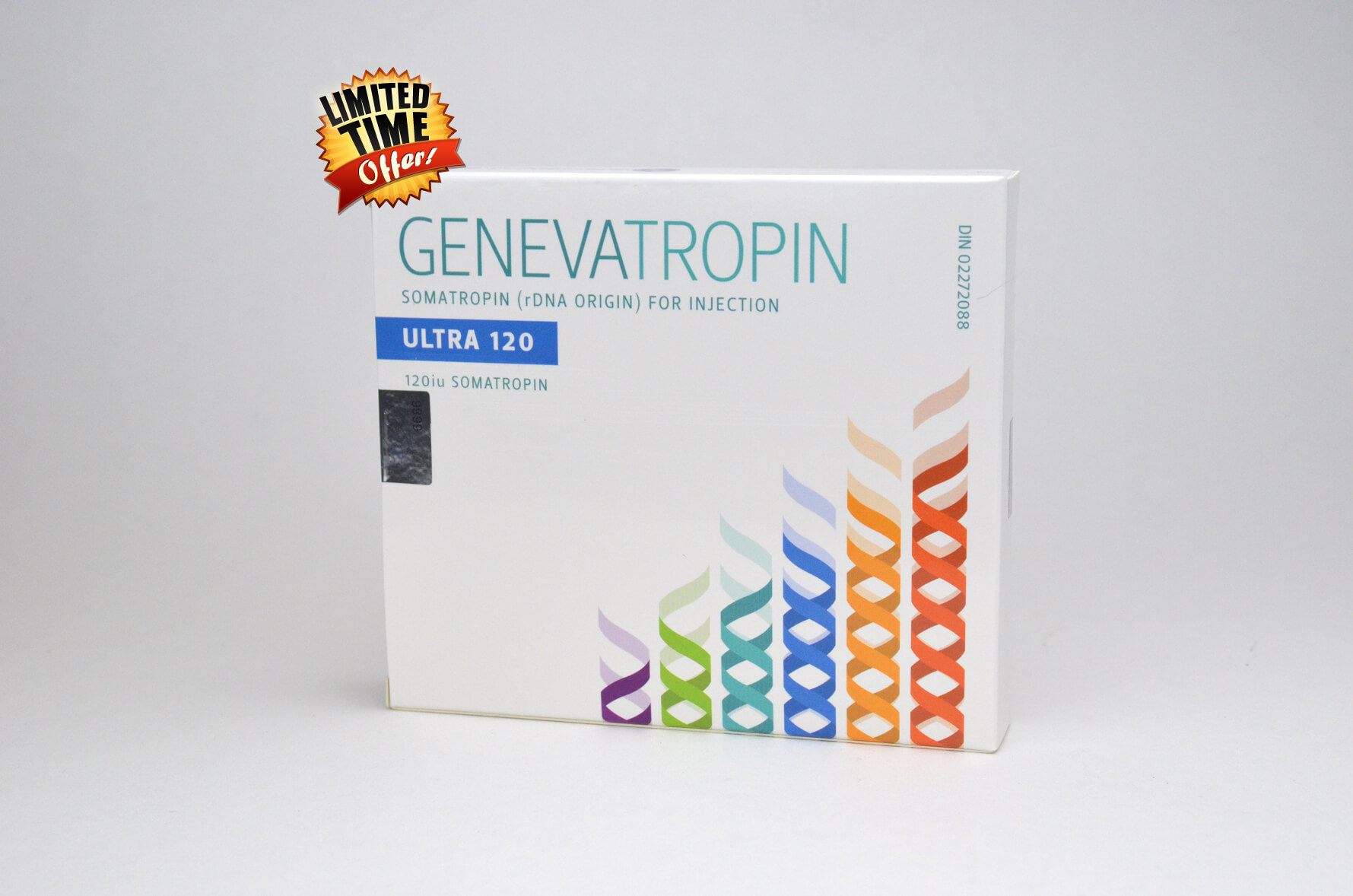
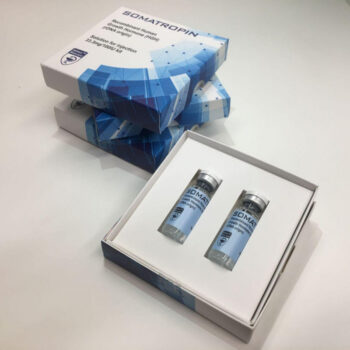
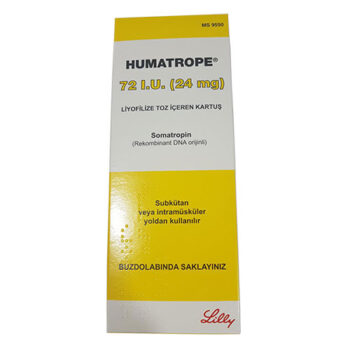
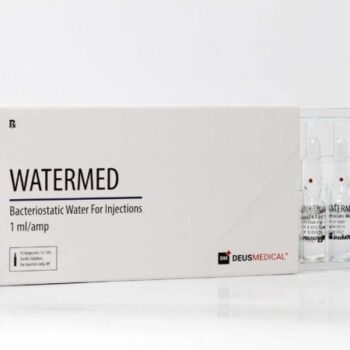
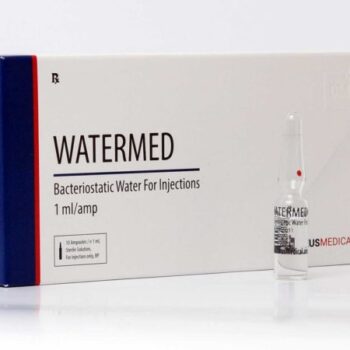
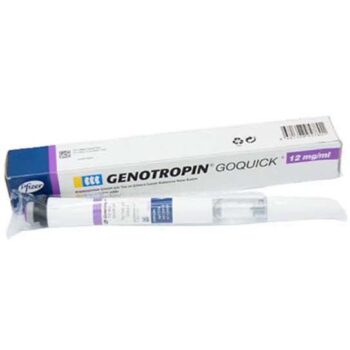
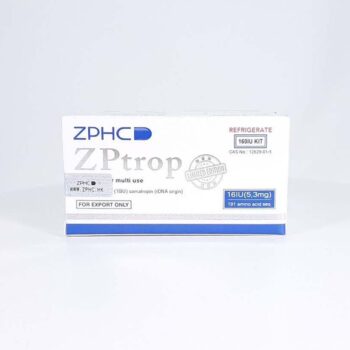
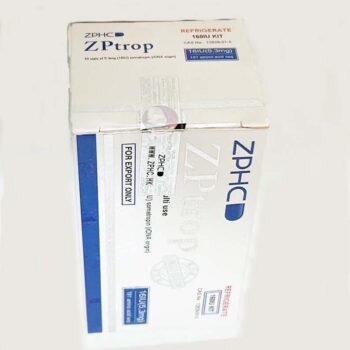

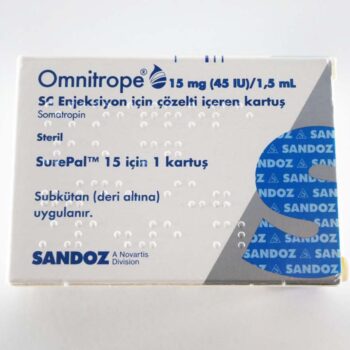
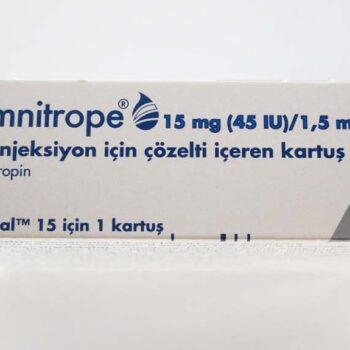


Reviews
There are no reviews yet.